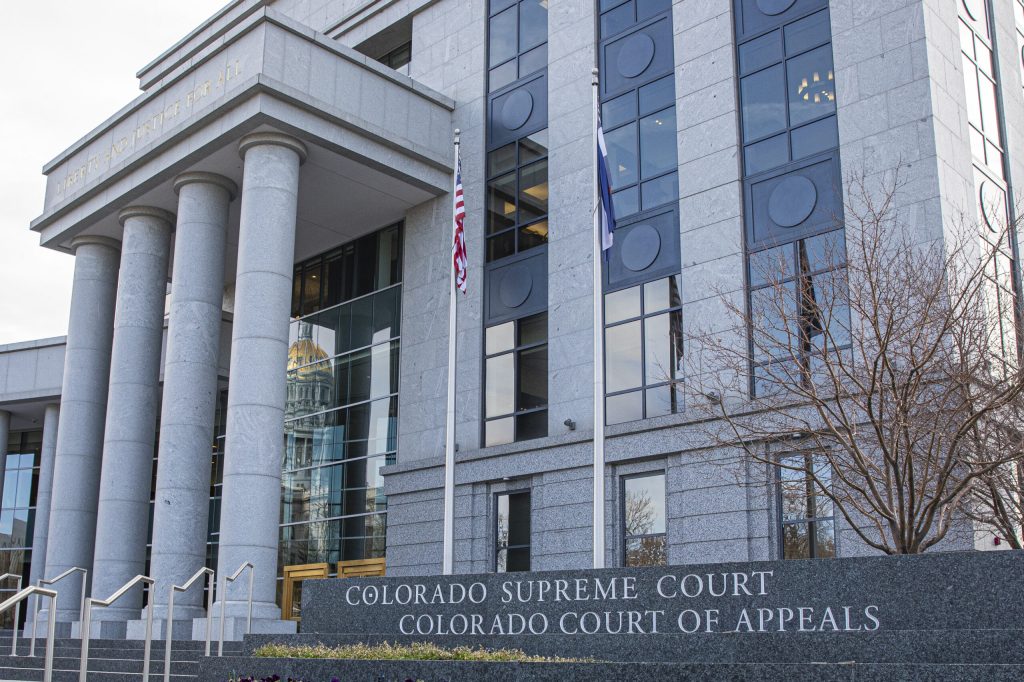The Supreme Court will once again determine the survival of the Affordable Care Act.
Thanks to a Republican-backed lawsuit that’s been toiling in the courts for years, the Supreme Court agreed Monday to finally consider a case on whether the law — often called Obamacare — can continue to exist without its individual mandate. The mandate was a key — but often attacked — part of the law until it was zeroed out by Congress’ tax reform package in 2017. This is the third time the Supreme Court has heard a challenge to the Affordable Care Act.
Videos by VICE
There won’t be a ruling on the law until well after the presidential election in November, however. That leaves the 2010 health care law in effect, but essentially on life support. The Trump administration has no clear alternative to Obamacare, despite several past Congressional attempts to create new health care programs with weaker coverage requirements.
The lawsuit, which legal experts have long argued relies on a shaky argument, could land before a newly conservative Supreme Court. A group of Republican states, led by Texas, sued in 2018, soon after the tax reform package passed, to argue the health care entire law was essentially null without the individual mandate. The Trump administration declined to defend the law in court, so several Democrat-controlled states — led by California — jumped in as defense. In the meantime, the Supreme Court confirmed Justice Brett Kavanaugh.
“Our health is the most precious resource we have—we should all be working to improve healthcare, instead of ripping coverage away from those most in need,” California Attorney General Xavier Becerra said in a statement after the Supreme Court’s announcement Monday. “As Texas and the Trump Administration fight to disrupt our healthcare system and the coverage that millions of people rely upon, we look forward to making our case in defense of the ACA. American lives depend upon it.”
But, in a lucky break for the GOP, the justices won’t hear the case until the court’s new October term, meaning any ruling that could dismantle the popular law likely won’t be handed down until well after the 2020 presidential election. The U.S. House of Representatives and several Democrat-led states that’ve been defending the law had urged the court to consider the case as soon as possible.
The individual mandate was a tax on people who refused to carry health insurance under the law, and was meant to ensure healthy and sick people alike bought into an insurance plan and kept prices reasonable. While a federal judge in Texas agreed with Republicans that the entirety of Obamacare couldn’t stand without it, an appeals court ruled in December that while the individual mandate was unconstitutional, it was unclear whether the entire law had to be scrapped.
Cover: UNITED STATES – JUNE 25: Affordable Care Act supporters wave signs outside the Supreme Court after the court upheld court’s Obamacare on Thursday, June 25, 2015. (Photo By Bill Clark/CQ Roll Call) (CQ Roll Call via AP Images)




